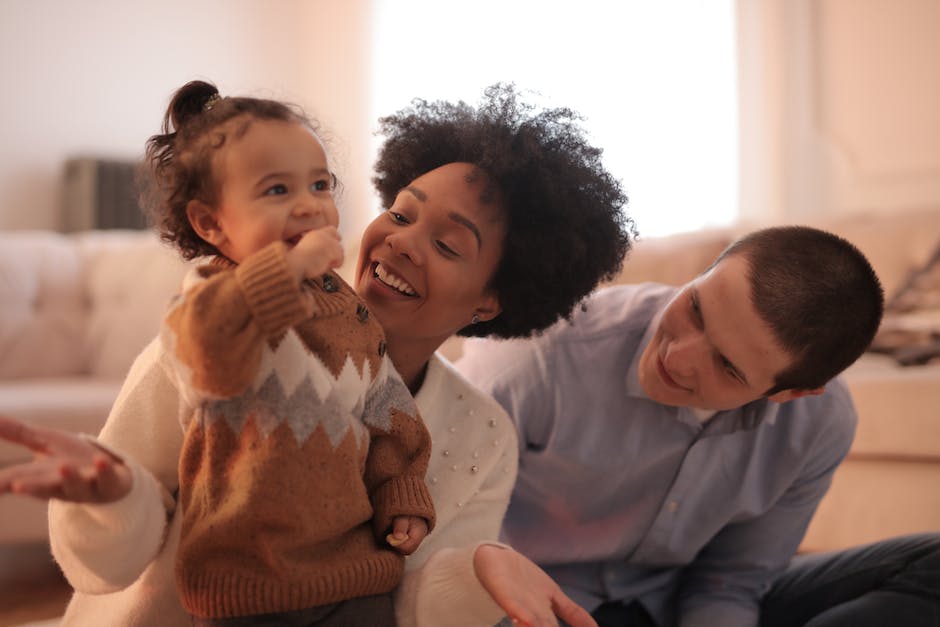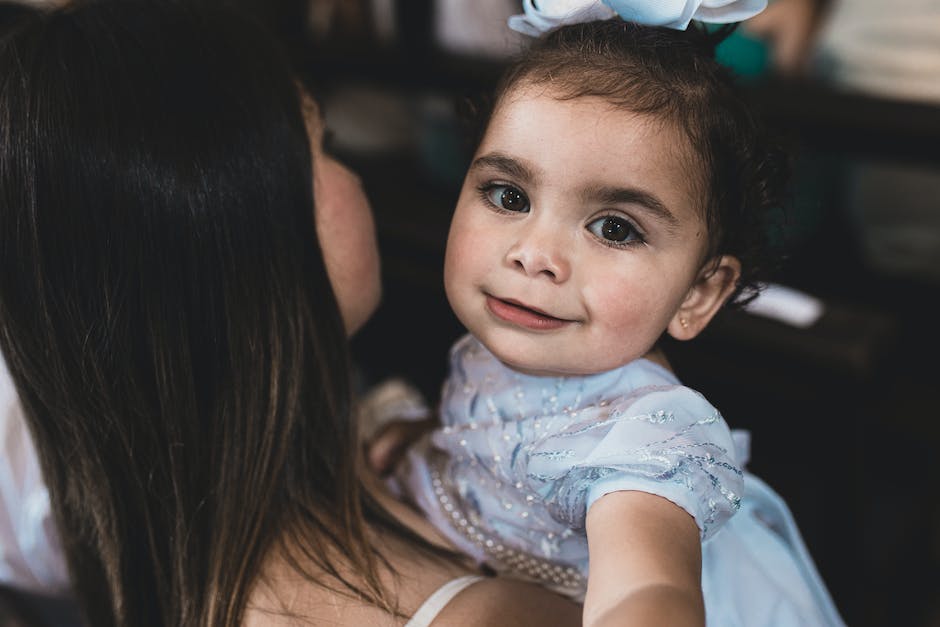As cannabis continues to receive more widespread acceptance and legalization across the country, questions and concerns about its impact on parenting are becoming more common. There are many myths surrounding cannabis and its effects on children, and it can be challenging for parents to know how to approach the issue. This blog post aims to provide information that can help dispel these myths and foster responsible cannabis use among parents. We will cover key topics such as the effects of cannabis on children, legal considerations for parents, and strategies for talking to children about cannabis. Let’s start by exploring some of the most prevalent myths surrounding cannabis and parenting.
Dispelling the myth that cannabis use is inherently dangerous or harmful to children
There is a common misconception that cannabis use is inherently harmful or dangerous to children, but this is simply not true. Studies have shown that the risks associated with cannabis use are largely dependent on the frequency and quantity of use, as well as the age of the user. In fact, many adults who use cannabis do so responsibly and in a way that is not harmful to their children. It’s important to remember that cannabis use is legal in many states and that responsible adults have a right to use it just as they have a right to consume alcohol or tobacco. Of course, it’s important for parents to take precautions to keep their children safe and to ensure that they are not exposed to cannabis or any other substance in a way that could be harmful. By dispelling this myth, we can encourage responsible and safe cannabis use while also fostering a more positive and informed understanding of the plant’s potential benefits.
Exploring the benefits of using cannabis for specific medical conditions that may affect parents and caregivers
Cannabis has been increasingly recognized for its medicinal properties and has gained popularity as an alternative treatment for a variety of conditions. As parents and caregivers, it’s natural to want to explore all possible options to alleviate ailments and improve our quality of life.
For instance, cannabis has been found to be effective in treating certain symptoms associated with cancer, such as chemotherapy-induced nausea and vomiting, and neuropathic pain. It has also been shown to be helpful in managing symptoms of neurological conditions such as epilepsy and multiple sclerosis.
Additionally, cannabis has been found to be effective in treating anxiety and depression, which can affect not only adults but also children and teenagers. This is particularly important in the current context in which many individuals are struggling with stress and mental health issues due to the COVID-19 pandemic.
However, it’s important to note that the use of cannabis should always be approached with caution, especially when it comes to parents and caregivers who have a responsibility to provide a safe and stable environment for their children. It’s crucial to educate ourselves on the potential risks of cannabis use and to foster responsible use by seeking guidance from medical professionals and adhering to legal regulations.
In conclusion, exploring the benefits of using cannabis for specific medical conditions can be a valid option for parents and caregivers. However, it’s important to do so responsibly and with a thorough understanding of the potential risks involved.
Discussing the legal status of cannabis, how it varies by state, and the implications for parents
Cannabis laws in the United States remain a complex patchwork of state and federal regulations. While cannabis remains illegal at the federal level, many states have legalized it for medicinal or recreational use or both. However, the rules surrounding cannabis use vary widely from state to state, and it is essential for parents to understand the specific laws in their state and how they apply to them.
For parents in states where cannabis is legal, it is important to note that while the drug may be legal for adults, it is still illegal for minors. Parents must take steps to ensure that they do not inadvertently expose their children to the drug, and they must safely store any cannabis products they have in their home.
On the other hand, parents in states where cannabis remains illegal must be particularly careful about their use of the drug. Even in states where the drug has been decriminalized, possession and use remain illegal. Parents who are caught using cannabis risk facing a range of legal consequences, including fines and even jail time. Moreover, parents who use cannabis may potentially face legal challenges in custody disputes, particularly if their ex-partner objects to their drug use in front of the children.
Regardless of the legal status of cannabis and the laws in your state, it is crucial for parents always to practice responsible use. This can involve being mindful of the quantity and frequency of use, avoiding driving or operating heavy machinery under the influence, and never using cannabis around children. Ultimately, fostering an environment of responsible, safe cannabis use can help parents dispel many of the myths and stereotypes that have long surrounded this controversial drug.
Addressing concerns about the impact of cannabis use on child development, including potential risks associated with secondhand smoke

Concerns have been raised about the potential risks associated with cannabis use on child development. One of the biggest concerns is secondhand smoke exposure, which can negatively impact the respiratory and cardiovascular systems of children. However, it’s important to note that smoking cannabis around children is not the same as smoking tobacco around them. Unlike tobacco smoke, cannabis smoke doesn’t contain any harmful additives, and it also disperses more quickly. That said, it’s always best to err on the side of caution and avoid smoking around kids. Instead, consider using alternative methods of consumption, such as edibles or vaporizers, to reduce any potential harm to children. It’s also important to educate children about responsible cannabis use and ensure that it’s stored safely out of their reach. By addressing these concerns and fostering responsible cannabis use, we can help ensure that our children grow up in a safe and healthy environment.
Providing tips for parents who use cannabis, such as avoiding consumption in front of children and storing products safely out of reach

It is important for parents who use cannabis to prioritize the safety and well-being of their children. One essential tip is to ensure that cannabis products are stored securely and out of reach of children, as they can be harmful if ingested. In addition, parents can choose to consume cannabis when their children are not present to avoid exposing them to any secondhand smoke or vapor from cannabis consumption. By modeling responsible use of cannabis and prioritizing safety, parents can create a healthy and safe environment for their children.
Discussing how parents can talk to their children about cannabis and model responsible use
As cannabis becomes increasingly legalized and mainstreamed, parents are grappling with how to talk to their children about its use. Whether parents themselves partake or not, it’s important to have an open and honest discussion with kids and model responsible use. So, how can parents approach this conversation?
First, it’s important to understand the legal context. Just like with alcohol, cannabis consumption is illegal for those under 21 years of age. Explain to your children that consuming cannabis, purchasing it or sharing it with friends can result in legal consequences.
Second, it’s important to have conversations around responsible use. This includes aspects such as the importance of moderation and setting limits, only consuming in safe and legal places, and never driving under the influence.
Parents should also encourage their children to ask questions and keeping the discussion open should the topic arise. It’s important to ensure that children understand the potential risks associated with cannabis consumption, especially for adolescents whose brains are still developing.
Ultimately, the goal is to instill a sense of responsibility and respect for the law, as well as foster healthy and honest communication between parents and their children.
Highlighting the importance of honesty and transparency when discussing cannabis use with other parents and caregivers

It can be tempting for parents who use cannabis to keep their usage a secret, especially in communities where it may still be stigmatized. However, it’s important to be honest and transparent with other parents and caregivers, especially when children are in each other’s care. This open communication can help dispel myths about cannabis and educate others about responsible use. It also creates a culture of trust and mutual respect among adults working together to raise children. If you choose to share your cannabis usage with others, be sure to emphasize that you use it responsibly and safely, and that it doesn’t have any negative impact on your ability to care for your children. Encourage questions and conversations, and be prepared to discuss the ways you’ve incorporated cannabis into your parenting or lifestyle. By fostering open communication, we can help break down the barriers and stereotypes surrounding cannabis use, and create a safer and more accepting environment for everyone.
Considering how the stigmatization of cannabis users can impact parents and families
As cannabis legalization spreads throughout the United States, parents are faced with navigating how to talk to their children about responsible use. Unfortunately, there is still a significant amount of stigma around cannabis use that can lead to judgement, shame, and isolation for those who choose to consume. This can be especially challenging for parents who want to be open and honest with their children about their own cannabis use, or who want to educate their children about the benefits and potential risks of cannabis. By breaking down stigma and encouraging open dialogue, parents can create safe and supportive environments for their families.

